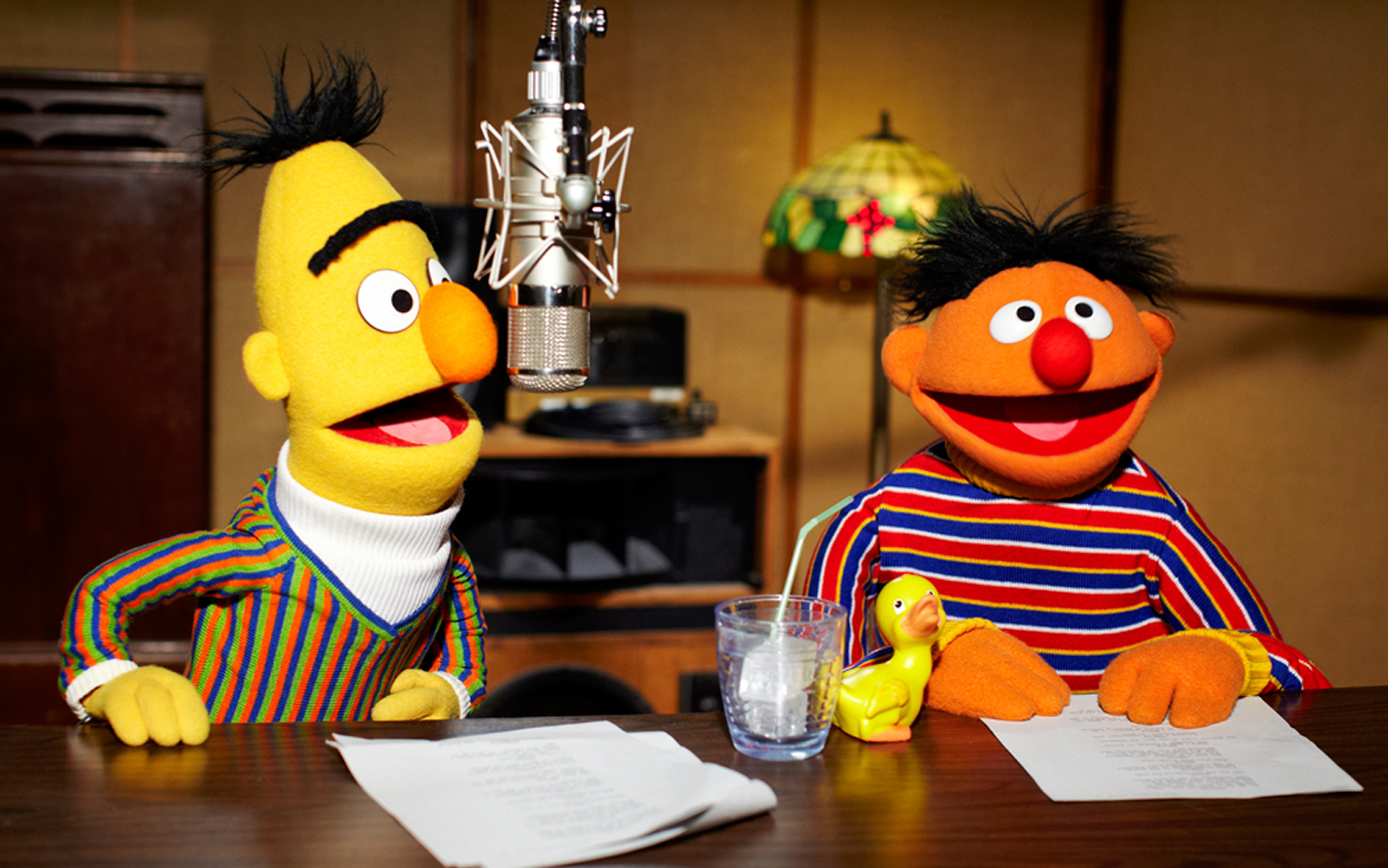 Welcome, bienvenida, bienvenue TRC’ers! Pat kicks off this week’s show addressing a listener’s email regarding whether there’s any real science behind health applications for mobile phones. Cristina takes a walk down Sesame Street to explore whether exposure to the show leads to improved early educational outcomes in preschoolers. Finally, Adam raises an eyebrow at the Confederate flag.
Welcome, bienvenida, bienvenue TRC’ers! Pat kicks off this week’s show addressing a listener’s email regarding whether there’s any real science behind health applications for mobile phones. Cristina takes a walk down Sesame Street to explore whether exposure to the show leads to improved early educational outcomes in preschoolers. Finally, Adam raises an eyebrow at the Confederate flag.
Download direct: mp3 file
If you like the show, please leave us a review on iTunes!
SHOW NOTES
Mobile Medical Apps
FDA: Regulation Of Mobile Medical Apps
Stats On Mobile Medical App Use
Industry Value: Mobile Medical Apps
Health Canada: Medical Device Regulations
FDA Confirms It Will Not Regulate Apps Which Store Patient Data
FDA Blog Entry On Mobile App Regulation
Live Science: Do Cancer Apps Work?
New England Journal Of Medicine: Mobile App Regulation
Forbes: Security Risks of Fitness Trackers
iMedicalApps: Top Downloaded Health Apps Can Cause Significant Harm
Sesame Street Vs Preschool
New Study Finds Sesame Street Improves School Readiness
Washington Post: Kids Can Learn As Much From Sesame St. As Preschool
MOOC Lessons From Sesame St. (Video)
Wikipedia: Sesame St. Research
Viral Nonsense: Confederate Flag Edition
Cosby vs. Dukes of Hazzard photo
Cosby Show vs. Dukes of Hazzard
South Carolina banning the sale of Tylenol
Bayer Decided They Don’t Need Cotton Anymore, Despite Ritual








It is, in fact, theoretically possible to measure blood oxygen level using a cellphone camera by using a method called “Pulse oximetry” (https://en.wikipedia.org/wiki/Pulse_oximetry). But I have serious doubts about the level of precision.
On the other hand, it’s definitively *possible* to measure heartbeat precisely using the same setup. The biggest problem I’ve found by trying it out is that the pressure of your finder on the camera has a huge impact on the measurement. If you don’t put enough pressure, your heartbeat becomes hard to detect. Put too much pressure, and apps detects both components of your heartbeat cycle (the “lub” and the “dub”) as two separate heartbeats. Doubling your heart rate! But *as long as you can apply the right pressure*, the measurement should be fairly accurate.
Thanks for the post, Yves. Interesting stuff.
I’ve read up on this a bit… mostly because I recently purchased an apple watch and there is discussion that blood oxygen readings are possible via the device using pulse oximetry but that it is disabled because of concerns around accuracy (as you pointed out).
My take away is that the tech, at least in terms of cell phones, has some promise but is certainly not ready for prime time.
I’ve never been to South Carolina, but I have lived all my life in the South, Louisiana and Texas specifically. I’ve seen the Confederate battle flag flown many times there, mostly on people’s pickup trucks at tailgate parties and Mardi Gras parades. But I’ve never seen it flown in an official capacity, like on the grounds of a government building.
While I’ve never personally asked these revelers why they fly the flag, I do think it’s more of a Southern pride, or “rebel” kind of thing. The prospect of it being racially insensitive or offensive to certain groups never really occurred to me until recent events, but I can see why someone would take offense to it.
Cristina mentioned VHF vs. UHF and I just had to butt in! Today, UHF is more highly coveted than VHF, and companies like Google are paying billions for the right to use UHF spectrum for mobile devices. UHF propagates better through buildings and atmosphere, and can use smaller antennas (or can get higher performance from same-sized antennas) than VHF.
The reason UHF was the television ghetto back in the 60s was that it used to be expensive to make a sensitive receiver for those frequencies, and a lot of TV manufacturers treated UHF as something of an afterthought, because, frankly, it *was* an afterthought. The VHF channels had been around longer, and no one wanted to broadcast on UHF because there would be fewer sets out there that could pick it up. See Weird Al’s movie, UHF, for authoritative information on this phenomenon ;^) http://www.imdb.com/title/tt0098546/?ref_=fn_al_tt_1
Oh and just because I’m pedantic, I’ll mention that, in the lifetime of a Sesame Street kid, there was no channel 1 on VHF. There had been a channel 1 originally, but I personally never saw a TV set that could pick it up.
Today’s comment has been brought to you by the letter U and the number 2.